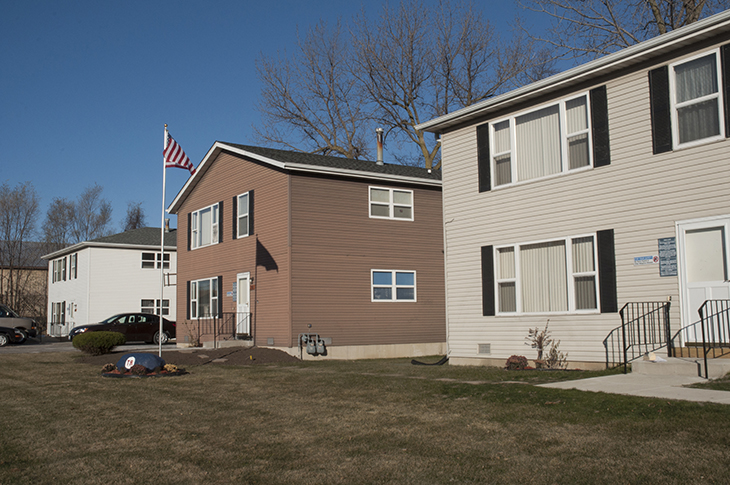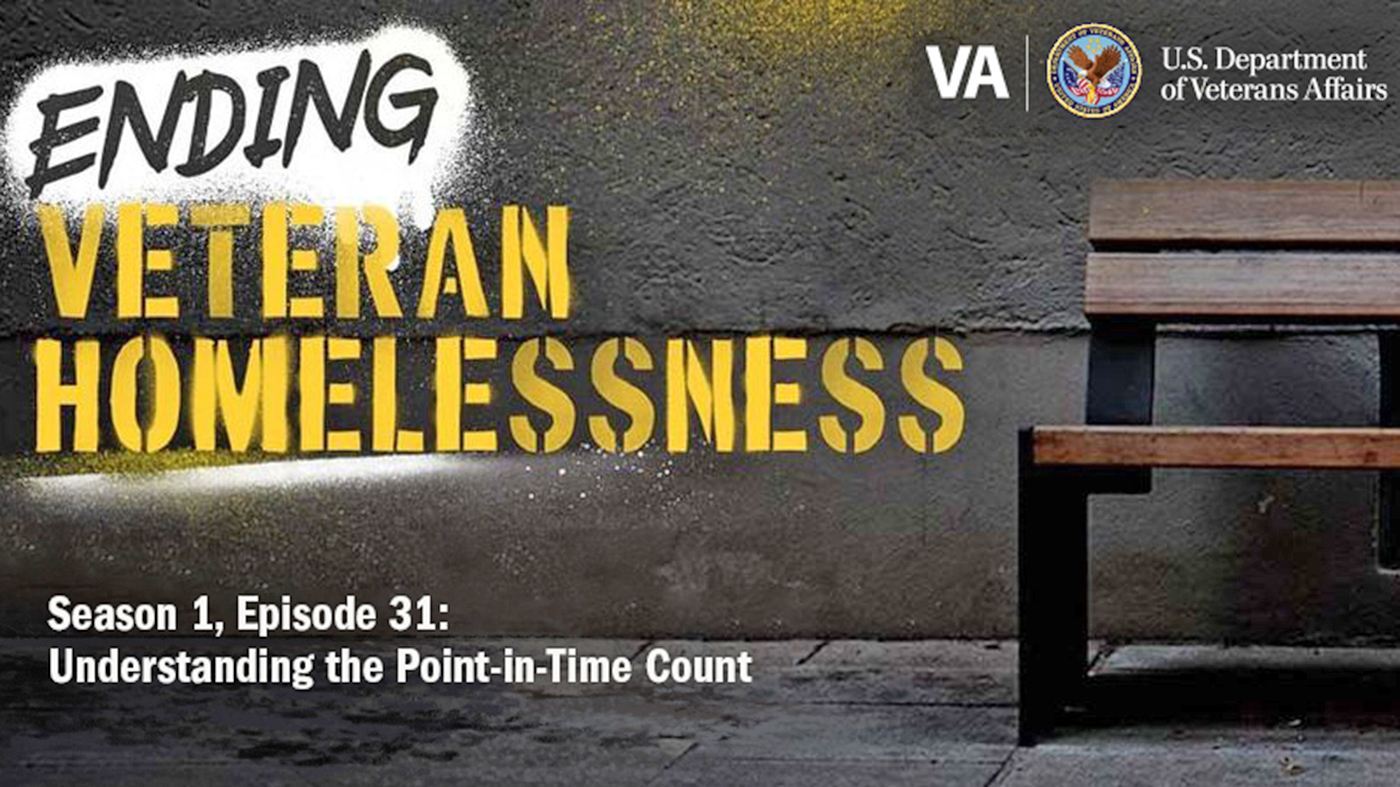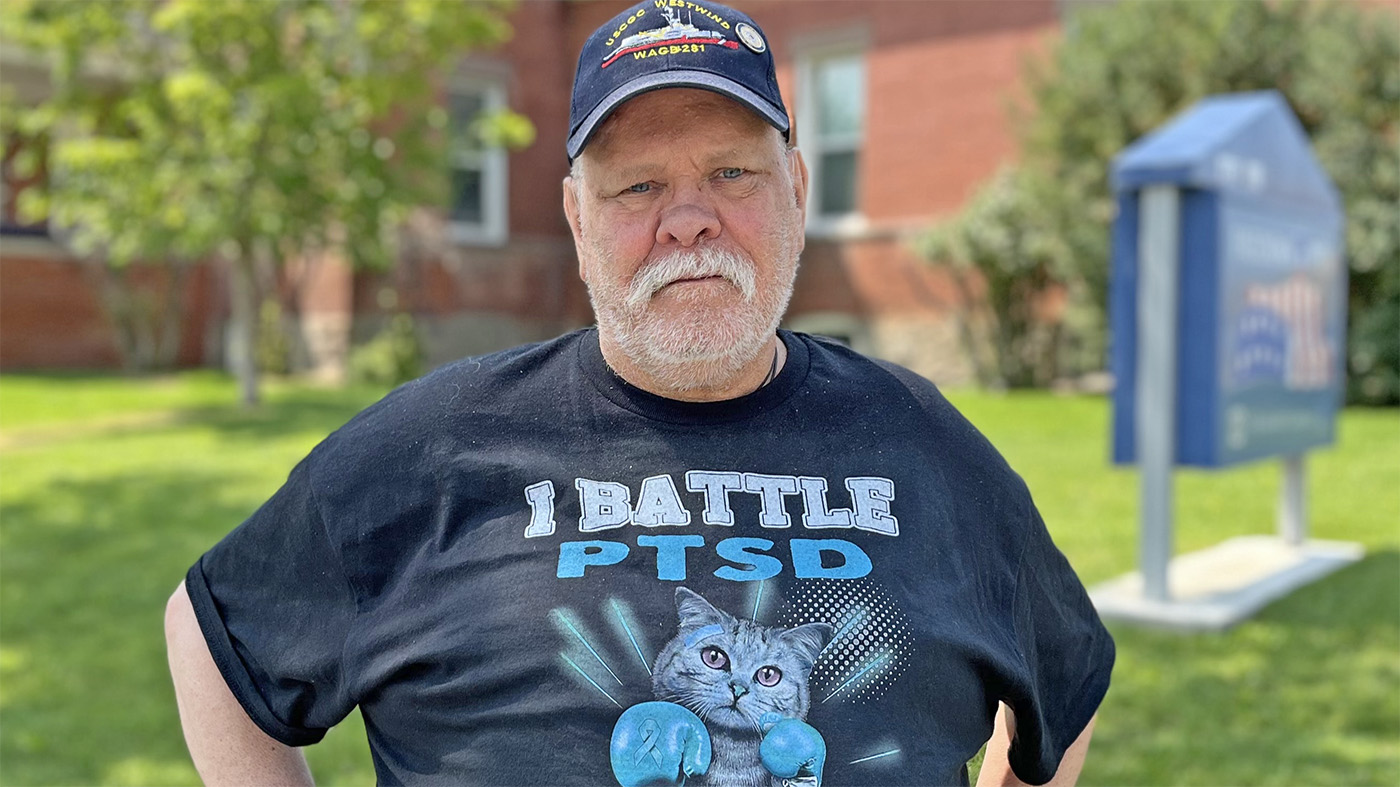As VA works to end homelessness among Veterans by the end of 2015, partnerships of all types – including with federal, state, local and private entities – are essential in providing employment opportunities and safe and affordable housing to support homeless Veterans’ needs. These partnerships can increase the range of service offerings and thus provide better outcomes for Veterans and their families. The work of Yvette DeJesus exemplifies why partnerships play a critical role in helping to end Veteran homelessness.

In one recent case, she was able help an Army Veteran who had become homeless after exiting prison. A significant medical disability contributed to the Veteran’s homelessness. After the Veteran was enrolled in the SSVF program, DeJesus was able to assist him by addressing both his housing needs and beginning the SOAR process to apply for SSI benefits. In a few short months, the Veteran was approved for SSI, which allowed him to pay the rent for the apartment DeJesus helped the Veteran find. Today, the Veteran still keeps in contact with her and reports that through SSVF and SOAR, his life has changed for the better.
What are these programs? SSVF is a federal grant program administered by VA to prevent and end homelessness among Veteran families. SSVF providers help Veterans increase their income through employment and mainstream benefits, such as SSI/SSDI, while addressing issues that can interfere with housing stability.
SOAR is a Substance Abuse and Metnal Health Services Administration (SAMHSA) initiative that helps states increase access to mainstream benefits for people with disabilities who are experiencing homeless or at risk of homelessness. The SOAR initiative helps to improve access to SSI/SSDI among Veterans through training of case managers and providing technical assistance to states and communities. By using the SOAR model, SSVF grantees help connect eligible Veterans to SSA benefits, income which can lead to sustained housing for persons who had formerly experienced homelessness and can prevent evictions for disabled Veterans.
SSVF grantees are involved in SOAR in 43 states and the District of Columbia. Currently, 146 grantees have been trained in SOAR to help Veterans access SSA benefits – compared to 72 grantees in February 2014. This represents significant progress. According to a recent issue brief by the National Center on Homelessness among Veterans, 55 percent of the Veterans assisted through the SSVF program had a disabling condition.
Jamie Gunning, grants assistant manager at Homeless Services Network of Central Florida, explains that “SSVF and SOAR promote system change. By utilizing SOAR, community capacity is increased to the extent that relationships with SSA become strategic and highly developed. This relationship then positively impacts access for all persons experiencing homelessness, including Veterans.”
Connecting Veterans with Social Security disability benefits is a critical step for increasing income stability for them and their families, as well as for providing health insurance for those who may not qualify for VA health care. Veterans may be eligible for SSI or SSDI, in conjunction with, or as an alternative to, VA disability compensation. They may also use the Medicaid health benefits that come with SSI/SSDI to supplement VA health services (Source: SAMHSA SOAR TA Center).
For more information about SSVF, please go to http://www.va.gov/HOMELESS/SSVF.asp .
For more information about SOAR, please go to http://soarworks.prainc.com/ and review the issue brief about connecting Veterans to Social Security disability benefits.

Topics in this story
More Stories
William Snow, senior program specialist at HUD, explains how the Point-in-Time Count provides valuable data on Veteran homelessness.
VA permanently housed 47,925 homeless Veterans in fiscal year 2024, exceeding its goals for the third year in a row.
VA Housing First changed the life of Grady Kendall, Coast Guard Veteran, because it was there when life knocked him down.







Sad situation all the way around…… As a veteran and jumping thru hoops non stop with the VA……Right now my wife and I still mourn our son-in-law who was active duty and took his own life April 9, 2012………….. very sad. Left us with 2 beautiful grandkids and a heavy heart. DONT GIVE UP!
I have been interested in following what is being done to help end Veteran’s homelessness. Would like to ask a question here. What is a Veteran to do if there is proof that they served “honorably” in the U.S. Navy, am a widow of a Vietnam Veteran, and have four adult children who at times struggle due to disabilities that may stem from the fact that their father had been exposed to Agent Orange plus he was stationed at Camp LeJeune, NC in the 60’s when the water in the area was contaminated? My husband passed away on July 25, 2003 from Pancreatic Cancer which spread to his liver. He only lived one month after being diagnosed by a private physician of the Cleveland Clinic.
Understand that war veterans are to receive help first, but even the Social Security judge wrote up in my hearing decision that I could have ended up in the VA healthcare system due to my conditions. My benefits and the private insurance from my deceased husband’s job have helped to sustain me these past few years; but could anyone tell me why some of us veterans are not told about other programs to help with homelessness or the risk of homelessness? One Social Worker, who is now retired, said that I need to write a Congressional letter; but despite my doing that, my private counselor told me point blank that some of the VA staff messed over me.
It is great if some veterans are being helped, but despite being a female veteran with more than one disability, some of the staff are using things I told counselors about my childhood against me. Some of the professionals have used some very mentally/emotionally abusive treatment against me despite taking medications as prescribed, going to counseling, going to groups, etc. since 1990. If there are some programs non-war veterans are able to get into, why aren’t these being shared with eligible veterans?
Well, keep up the great work of helping homeless veterans. I’m praying that one day someone will help me get into a work program or volunteer program so that I can give of myself instead of just being at home alone. I have worked as a Civil Service employee for a few years as well besides working in the private sector. There were times that I received commendations from my Supervisors. It just doesn’t seem caring when someone was discharged under honorable conditions (medical reasons) and given the choice of staying in or getting I – that I be subjected to having my mental health conditions be released or viewed by other staff members, then I get harassed where I live by a relative who I used to work with at the VA hospital! It is all documented by my private Psychologist; but please do not give up on any veteran because we are worth it despite what some mean-spirited and non-understanding individuals may say.
It is a very good initiative but the plans need to be made very accessible to the ones who really need it. We need to find more ways to reach out to them.
I am a vet. In 1981 I had surgery at walter reed in which I was given blood transfusion with tainted hepc blood. I struggle for over 30 years with pain and failed treatment all the hoops I have to go thru with the va. going thru more hoops once again with them jacking my benefits around making it impossible for me to keep the home I have. I now understand why vets are homeless due to the paper work, appeals and all the hoops we need to jump thru to get what we were all promised in the beginning. hang in there joe rodriguez. with every new day there is hope to have the system fixed, I will also be homeless again as the the va drags their feet….. they don’t understand that with everyday is another day and bills pile up and shut off notices then your home could be stripped from you. its hard to catch up when your at the bottom of a pile of papers waiting to hear if your case has been reviewed
I don’t know how to get help from you.
it’s hard being homeless